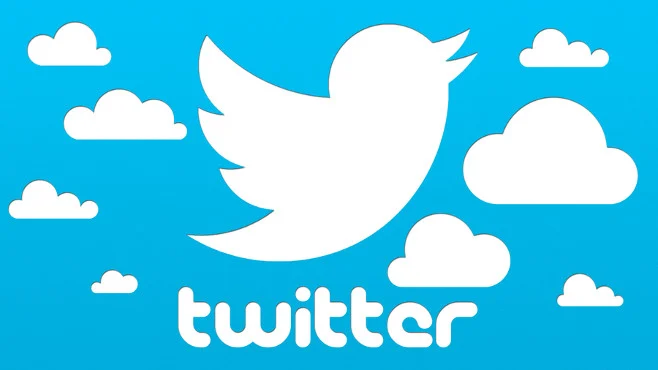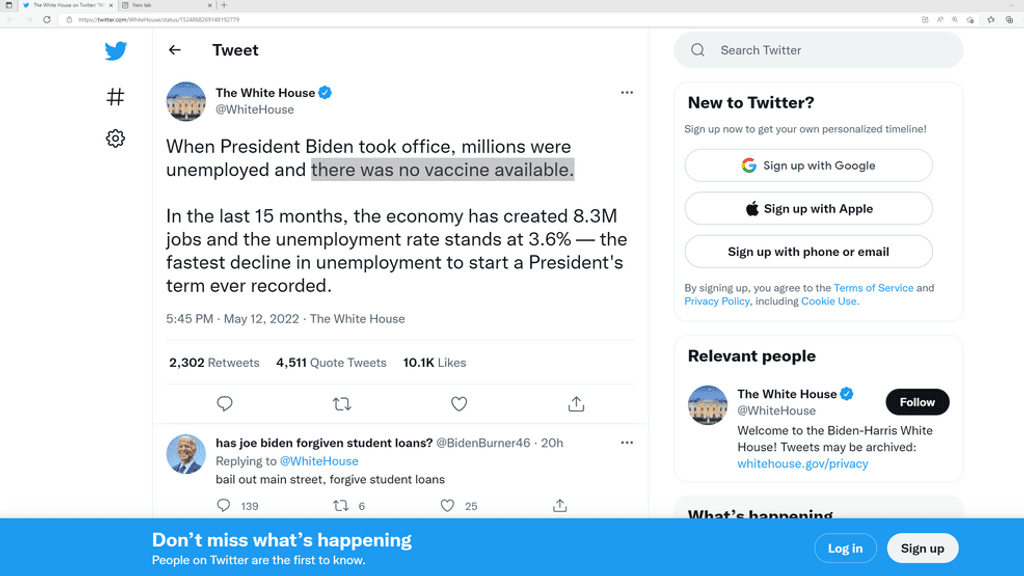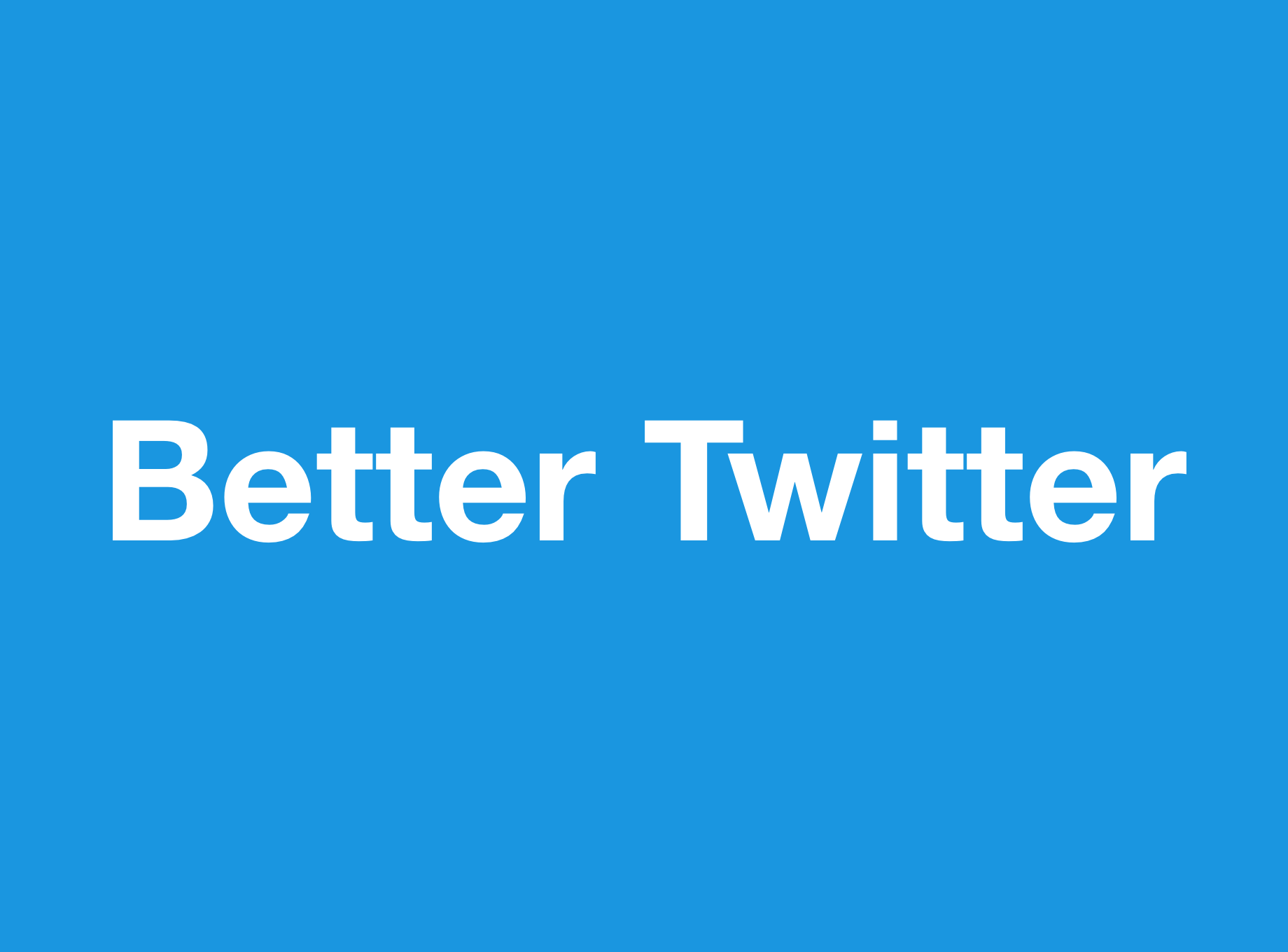
Oh Twitter, what have you become? You used to be a place of the proud few: the tech geek. But now it’s all about the GaGas, Sheenanigans, and celebritweeties. And I don’t like it one bit.
I wasn’t too excited to join Twitter back when it all began. I, like many others, insisted that the whole concept was nonsense — it was just a fad, I told myself and others. I created an account when Twitter started making some buzz. But I let the account lie dormant. Instead, I stuck with Facebook.
But I eventually came back to Twitter. I knew that it was going to be big after learning that the competition — particularly from Kevin Rose’s Pownce — wasn’t going to be able to keep up. So that is how it has been ever since.
Of course, there have been some occasional bugs and fail whales along the way. I remember being so frustrated at one point that I sent a three-page email to Twitter’s support staff complaining how the constant outages were ridiculous for a service of its class. And even though they never emailed me back, we, for the most part, made the relationship work.
Now look at it: from news networks to sports stars, Twitter has earned the public’s respect as a tool for communication. It’s living in the spotlight with no downfall in sight. Most people are happy about it.
But you know what? It sickens me. I can’t stand it. I hate it.

Sure, all of the publicity is good for Twitter. I’m happy for the company. But I fear that this popularity and willingness by Twitter to embrace (even give special privileges like verifications and other crap) today’s pop culture so willingly is stretching Twitter’s usefulness.
I joined Twitter with the impression that I would be connecting with like-minded individuals who shared the same interests. That was how it started — It felt great because I knew that most other Twitter users at that time were just like me. But now it is overflowing with all of these people who could care less. The majority is meaningless conversations. A quick glance at the trends for Twitter on any given day could prove that.
Yes, maybe this whole rant is a bit elitist. Or maybe it is anti-elitist. I’m not sure. But what I am sure about is that Twitter has forgotten about its past. Now it feels like the geek is being left out and that Twitter has become a tool for communicating with the world — only no one is really paying attention to anyone, except those who probably aren’t really worth being paid attention to.
(I have enough trouble keeping up with the 100 or so people I’m following on Twitter. So I know there is no way that other people who are following several hundreds, even thousands, of Twitter accounts are possibly using the site in the way it was intended. At that point, why even have a Twitter account? Is it all about marketing?)
Less Geek, More Chic
But now Twitter has all of these features that make it feel more like a popularity contest than a useful communication tool. You earn respect on Twitter by having tons of followers and by being listed by many other people.
If I had to start over from scratch with Twitter today, I’d quickly lose interest because it is far too difficult to break into the Twitterverse and have a voice with all of the noise.
I can’t even recall how many times I have been asked how I’ve gotten such a great following on Twitter (and, in all honestly, my 1,000 followers is nothing compared to how many followers other people have these days). And I find myself in a position where I want to ask this person: why does it matter? Who cares how many followers you have?
Sure, I enjoy reading what the 100 or so people I follow have to say; some of them are really entertaining and informative, which is what Twitter should be all about. But now I feel like all I’m doing is playing to the crowd on Twitter.

Twitter, in a way, feels more like a game. Every time I send out a Tweet, I catch myself double checking to make sure it will meet the approval of my followers. I expect that feeling before I hit the publish button here on Techi, but I don’t expect that feeling when I write something on Twitter.
As bad as all that sounds, it is also worse what Twitter is doing to third-party developers lately. By limiting what third-parties can do with Twitter’s data and what applications they may build — with insisting that developers not build Twitter clients being the disaster — Twitter has alienated the group that actually propelled the service into the position it commands today. Not only are they upsetting the geeks, they are also upsetting the geekiest of geeks!
If that isn’t ironic, I don’t know what is.
A Better Twitter?
Sadly, I don’t believe that a suitable alternative to Twitter exists today. There are other services that attract geeks — Quora, Convore, and GroupMe being some of the latest. But for the most part, nothing out there can rival what Twitter offers. Facebook is the best when it comes to organizing conversations around your closest friends and Twitter is the best when it comes to communicating with everyone else (funny how blogs rarely get mentioned these days). Nothing else matters in the way of real-time mobile communication.
But I do believe that the rise in mobile and smartphone technology could open the doors for new services. These services would have to focus on creating social circles that originate around topics and/or groups. But we need is a service that works really well with mobile technology and can allow groups to be discovered, joined, and managed. Most importantly, it needs to allow third-party developers to build onto this platform and take advantage of the data to create new and useful experiences.

Services like GroupMe and Beluga won the attention of the SXSW crowd, and rightfully so. But the downfall of these types of services is that they are not accessible everywhere and they don’t enable third parties to build products for them. And because they don’t do this, I can’t possibly see them being considered any better than Twitter. They might be acquired — like Facebook’s acquisition of Beluga — and integrated into existing products, but the most likely scenario is usage in enterprise communication and team-oriented projects.
Also, a future Twitter competitor will need to be centralized, like Twitter, in order for it to become successful. Twitter clones like StatusNet, which operate on standalone servers, had their 15 minutes of fame in the past, but they are not the solution for mass communication on a scale such as Twitter. This will also be the same fate of Diaspora, the open alternative to Facebook. People prefer an all-in-one solution.
But once a company can combine the best parts of Twitter, GroupMe, Facebook, and maybe a few other great services into a single product that is available on every platform, while also enabling developers to expand upon the service, we will have a formidable Twitter (and perhaps Facebook) competitor that will answer our needs.
Until that time, unfortunately, we will be stuck reading about #JustinBieber, #RebeccaBlack, and #CharlieSheen. Oh joy!


GIPHY App Key not set. Please check settings
9 Comments